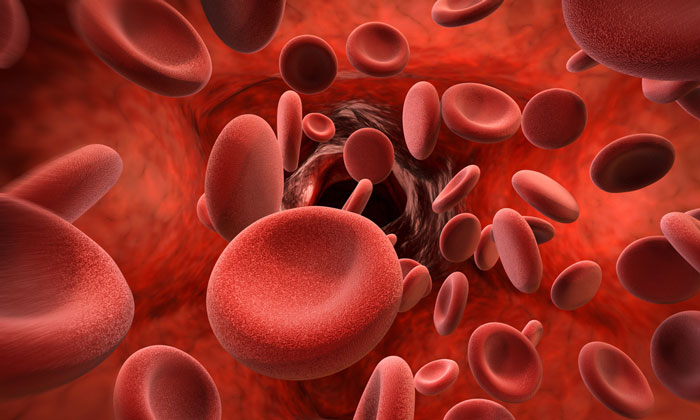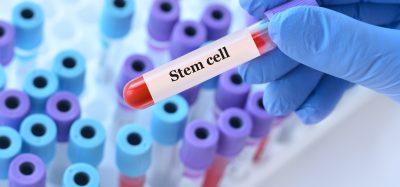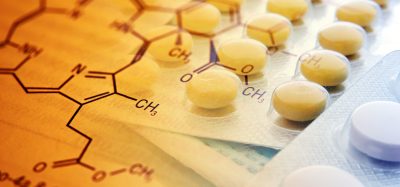Plasticell and Kings College London to collaborate in trials of blood platelet substitute
Posted: 20 April 2017 | Niamh Marriott (Drug Target Review) | No comments yet
Over 10 million units of platelets are transfused worldwide each year in one of the most common procedures in clinical medicine. However, platelets derived from human donors can transmit infections and trigger serious immune reactions that eventually render the therapy ineffective (a condition known as alloimmune refractoriness). In addition, since platelet donations require pathogen testing and cannot be frozen for later use, supply shortages can occur under certain circumstances.


Plasticell, a developer of cell therapies including hematopoietic cell replacement therapies, has partnered with Kings College London to progress preclinical trials of its artificial blood platelet product, manufactured from pluripotent stem cells.
The work is supported by a MedCity research grant which funds collaboration between leading SMEs and academics from London universities.
Plasticell has developed robust, cost-effective methods of producing functional platelets from human induced pluripotent stem cells (iPSCs) and has scaled these up to intermediate bioreactor level, allowing manufacture of product for pre-clinical studies. Kings College will contribute world-leading expertise and in vivo models to characterise the dynamics, lifespan, safety and efficacy of transfused platelets.
“In addition to providing a more stable and safe supply of ‘universal’ platelets, the use of iPS cells would allow us to create immunologically compatible ‘matched’ platelets for patients suffering from alloimmune refractoriness,” commented Dr Marina Tarunina, Principal Scientist leading the project at Plasticell.
The project is part of Plasticell’s hematopoietic cell therapy portfolio, which includes the expansion of umbilical cord- and bone- derived hematopoietic stem cells, and the manufacture of various blood cell types.
Related topics
Cell Regeneration, Funding, In Vivo, Induced Pluripotent Stem Cells (iPSCs), Research & Development, Stem Cells
Related organisations
King's College London, MedCity, Plasticell
Related people
Dr Marina Tarunina







